Keywords: Fathers
There are more than 24 results, only the first 24 are displayed here.
Become a subscriber for more search results.
-
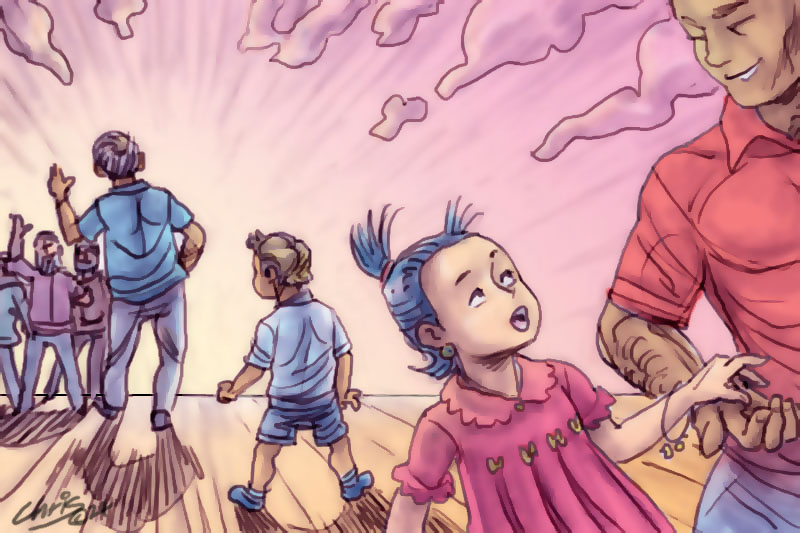
AUSTRALIA
- Mike Kelly
- 14 February 2024
2 Comments
Despite a 'fatherhood revolution', government policies continue to neglect the positive impact fathers can have on child development, educational success, and even social well-being. Bridging the gap between the surging research on fatherhood and concrete policy measures ultimately means better outcomes for families.
READ MORE
-
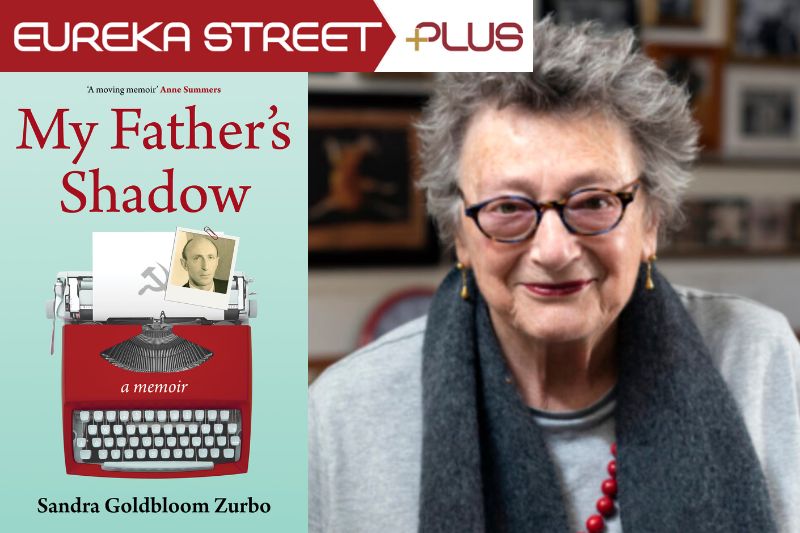
ARTS AND CULTURE
- Andrew Hamilton
- 08 December 2023
1 Comment
My Father’s Shadow is a beautifully constructed three-dimensional jigsaw puzzle in which perfectly formed and elegant stories from different times and places are juxtaposed and tested for fit, so forming a pattern of meaning that is never closed.
READ MORE 
-

INTERNATIONAL
- Gillian Bouras
- 30 November 2023
3 Comments
Change often hurts or is at least hard to adjust to. Sometimes I yearn for a simpler way of doing things, for a period when people’s expectations were more modest, and when the average person was not as materialistic. However, it has to be conceded that we have made progress in some areas, and that some changes are for the better.
READ MORE
-
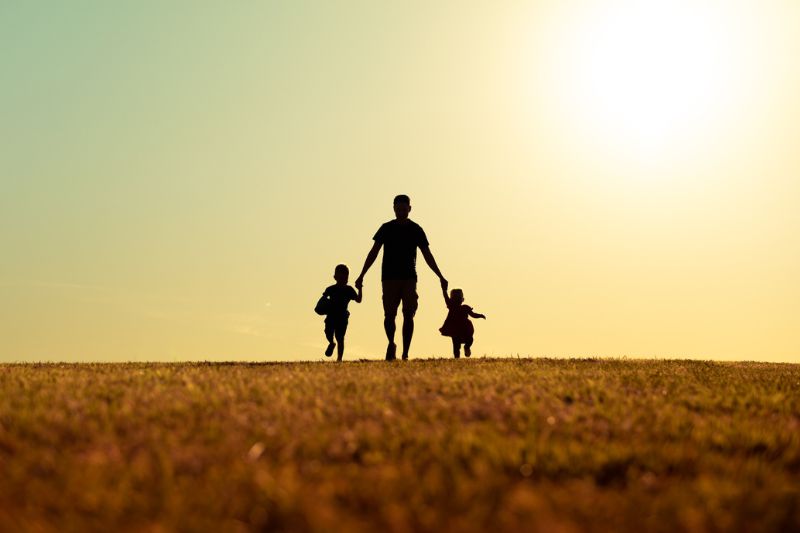
AUSTRALIA
- Barry Gittins
- 31 August 2023
2 Comments
Father's Day: a symbolic marker in Australia's calendar, often evoking mixed emotions. From fond memories of childhood to the challenges of modern fatherhood, the journey is both beautiful and complex as the role of fathers continues to evolve.
READ MORE
-

AUSTRALIA
- Anna Grummitt
- 25 July 2023
2 Comments
Post-lockdown, many remote workers are now being asked to return to offices full time. Ongoing controversy around return-to-office mandates prompts a reconsideration: how can the debate on future work models include a fuller picture of human life, extending beyond mere productivity?
READ MORE
-
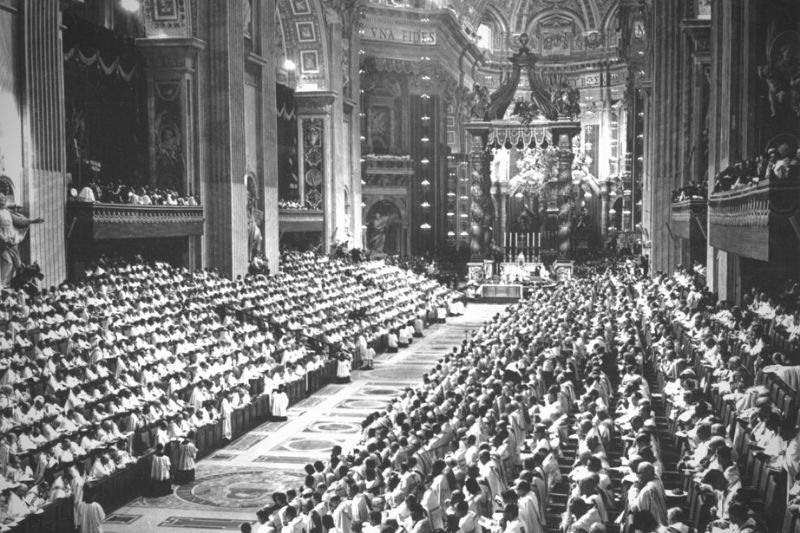
RELIGION
- Emmanuel Nathan
- 20 July 2023
26 Comments
Digitisation of memory risks erasing historical appreciation of debates around the Second Vatican Council, where binary responses often eclipse the Council's nuanced narrative. To truly understand its impact, we must not outsource memory, but connect personally with this transformative chapter of our faith's history.
READ MORE
-

ARTS AND CULTURE
- Paul Mitchell
- 23 June 2023
1 Comment
Renowned author and academic Tony Birch is known for his insightful and compelling narrative explorations into societal issues like marginalisation, Aboriginal identity and racial struggles. In conversation with Paul Mitchell, Birch discusses his work, the unique intersection of academia and creative writing, and the profound impact of historical dispossession.
READ MORE 
-
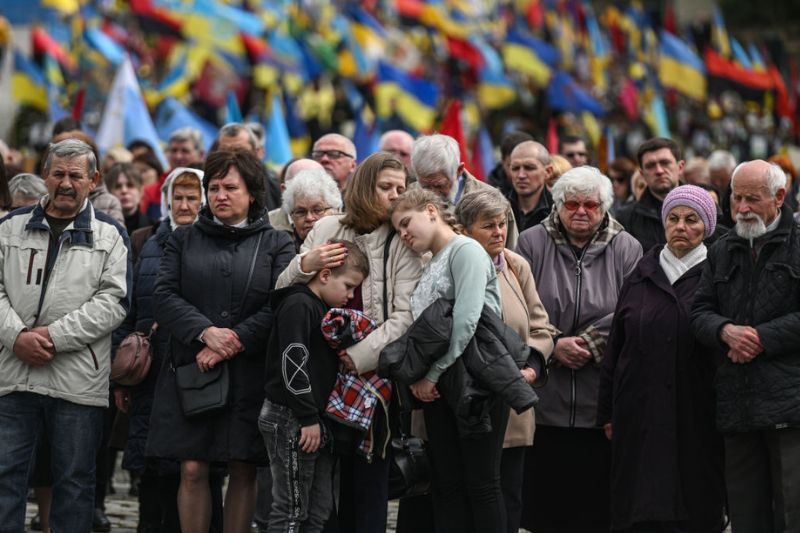
AUSTRALIA
- Andrew Hamilton
- 24 April 2023
3 Comments
With every Anzac Day, the stories told reflect changing attitudes. Past celebrations focused on patriotism and romance of war, but this year's tone is more serious due to global events. Anzac Day now emphasises remembering, compassion, honouring victims of war, and advocating for peace.
READ MORE
-
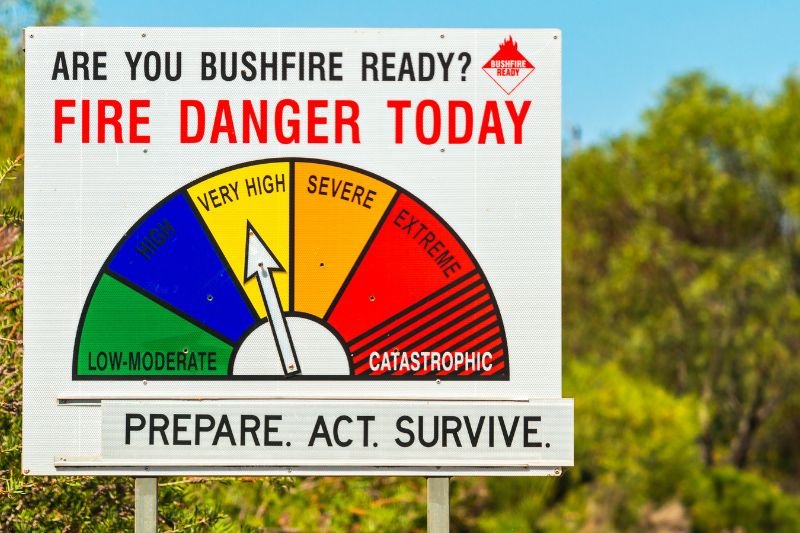
AUSTRALIA
- Andrew Hamilton
- 16 March 2023
2 Comments
As the National Council for Fire and Emergency Services updated Australia's fire danger ratings to include 'Catastrophic', it's worth considering other crises that pose a catastrophic threat like climate change, war, diseases, and economic loss, where disadvantaged groups disproportionately suffer.
READ MORE
-
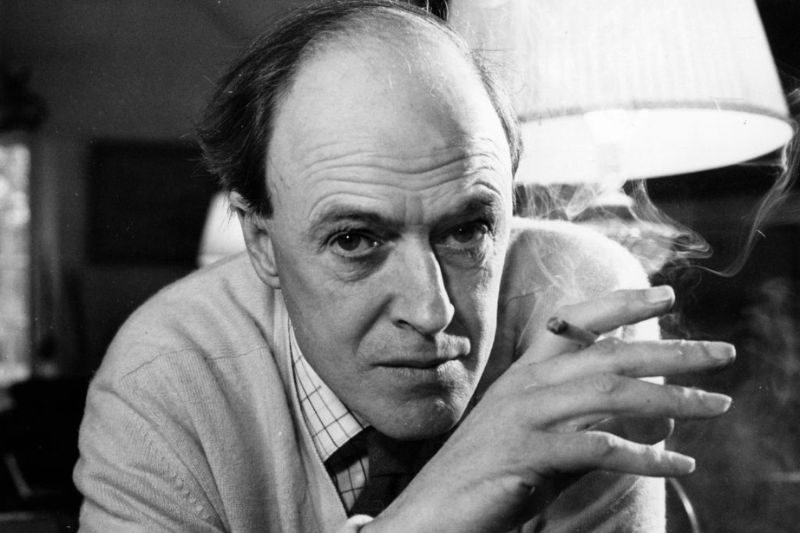
ARTS AND CULTURE
- Juliette Hughes
- 27 February 2023
13 Comments
Roald Dahl's beloved children's books have been given a makeover, with 'sensitivity readers' rewording phrases that might offend modern sensibilities. But what has been lost in this sanitisation of Dahl's work? Do we risk losing the very essence of what makes these works so powerful and enduring?
READ MORE
-
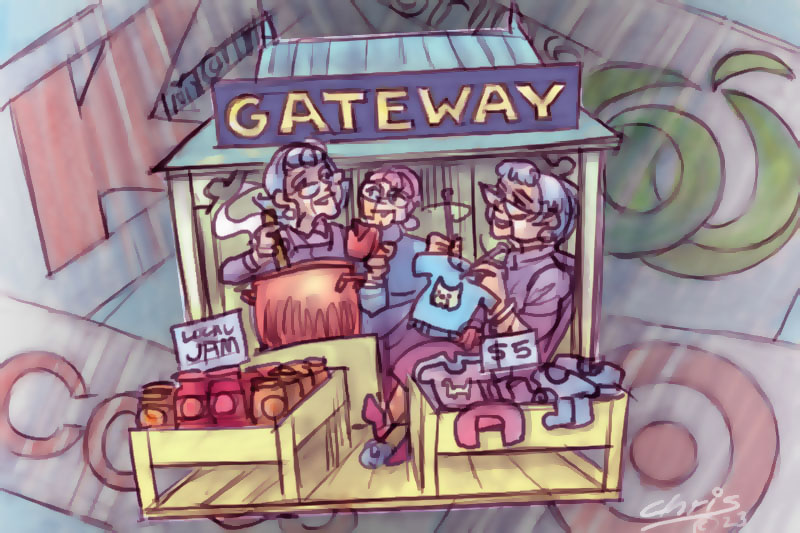
AUSTRALIA
- Andreana Reale
- 25 January 2023
3 Comments
Threatened with the closure of the local nursing home, leaving elderly residents stranded, locals in Dimboola are selling home-grown produce to raise money to save the facility. And at the same time, they're breathing new life into the local sharing economy.
READ MORE
-
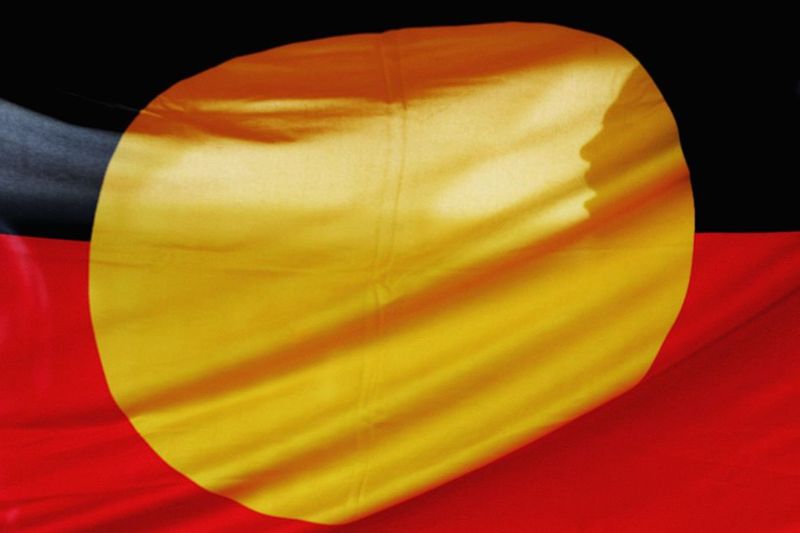
AUSTRALIA
- Frank Brennan
- 05 January 2023
We have a lot of work to do if there is to be any prospect of a successful referendum on the Voice to Parliament, which Indigenous people have put to us as the mode by which they want to be recognised in the Constitution. They have said they want a Voice. Now, we can debate whether it be a Voice to Parliament or a Voice to Parliament and government, or a Voice just about particular laws.
READ MORE